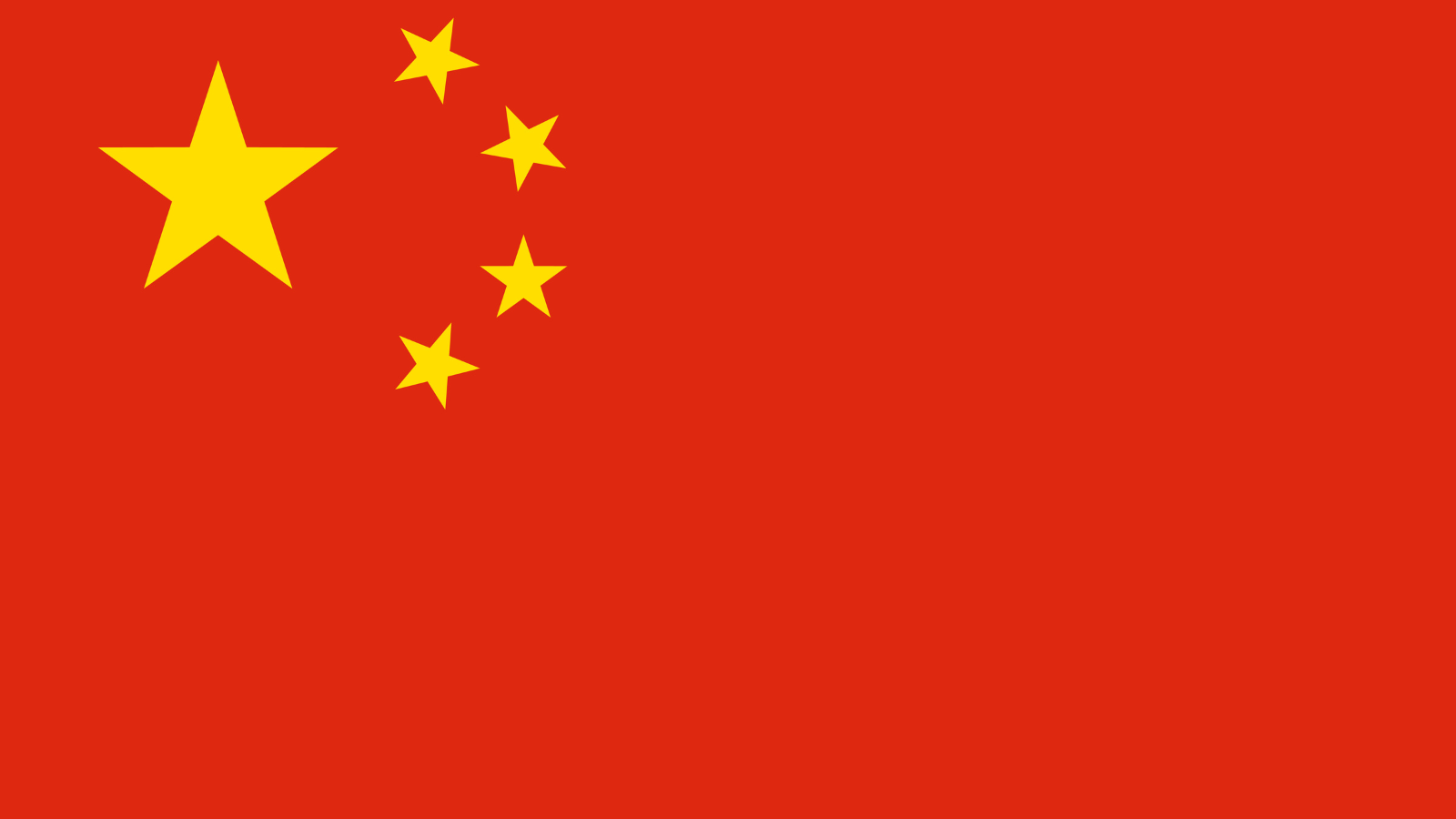Lunar New Year hints at renewed port congestion after covid policies have been lifted
🐰 Lunar New Year hints at renewed port congestion after covid policies have been lifted.
China’s “zero-covid” policies created massive lockdowns that softened the container delays and port congestion issues over the past few years. Now that those policies have been lifted, it may mean those supply chain problems are being renewed. The Lunar New Year is a peak season for consumer spending and retailers stock up on goods before the holiday, which leads to an increase in imports. Another reason for port congestion during the Lunar New Year is that many people travel to be with their families during the holiday, and this can lead to increased demand for air and sea freight services.
Elon Musk has recently spoken out against US government tariffs on Chinese electric vehicles, calling them “not good” and market-distorting.
A top cybersecurity firm, ESET, has uncovered Chinese hacking attempts in the European cargo shipping industry, marking the latest instance of China-aligned groups infiltrating Western economic infrastructure.
Commerce Secretary Gina Raimondo emphasized that a potential Chinese invasion of Taiwan and the takeover of chip manufacturer TSMC would be catastrophic for the U.S. economy.
TikTok has filed a lawsuit challenging a new federal law that could force its Chinese parent company, ByteDance, to sell the app or face a ban in the U.S.
President Joe Biden is advocating for a significant increase in tariffs on Chinese steel and aluminum imports, proposing to triple the current rates.
Here’s a quick rundown on the latest U.S. import scene: Inflation’s not the only thing on the rise – we’re seeing a significant increase in imports from China, especially after their factories reopened post-Lunar New Year.
China and Russia recently committed to maintaining stability in their industrial supply chains.
U.S. Treasury Secretary Janet Yellen recently wrapped up a series of meetings in China, where she firmly addressed the issue of Chinese overproduction and its impact on global markets.
The global market is currently flooded with goods from Chinese factories, ranging from cars and appliances to computer chips and electronics.
The U.S. House of Representatives is speeding up a vote next week on a bill that would force China's ByteDance to sell off TikTok within six months or face a U.S. ban.
A bipartisan group of U.S. lawmakers has introduced legislation to push China's ByteDance, owner of TikTok, to divest the app within six months or face a U.S. ban due to national security concerns over its Chinese ownership.
The US's top trade official, Katherine Tai, suggested to the BBC that the sharp decline in trade with China might not be all bad news, hinting at potential benefits from diversification.
Apple has decided to pump the brakes on its electric car project, a move that could positively impact its stock performance, according to a report by Morgan Stanley.
The recent woes faced by America's leading automakers - Ford, General Motors, and Stellantis - have gone largely unnoticed amidst their impressive profits.
The U.S. is ramping up defense industrial cooperation with Indo-Pacific partners like Japan, India, and others to bolster supply chain resilience amid threats, particularly from China.
Alibaba Group Holding Ltd. revealed a deeper involvement of Chinese government entities in its various business arms following an inquiry from the US Securities and Exchange Commission.
In recent years, American CEOs have been drawn to China's vast consumer market, but doing business there has become increasingly challenging and risky.
Taiwan Semiconductor Manufacturing Company (TSMC) recently inaugurated its inaugural chip plant in Japan, a move aimed at diversifying its supply chains amidst escalating trade tensions between the U.S. and China.
The rise of dark satire in China's online realm sheds light on a growing phenomenon.
Imagine zipping from New York to Los Angeles in less than an hour or hopping from London to Paris in just 15 minutes.
U.S. authorities are holding thousands of luxury cars from brands like Porsche, Bentley, and Audi due to a part that violates laws against importing goods made with forced labor in China.
The U.S. Congress has passed legislation banning the Pentagon from using seaports worldwide that rely on the Chinese logistics platform LOGINK.
U.S. Treasury Secretary Janet Yellen expressed the importance of stabilizing the U.S.-China relationship during a dinner hosted by the U.S.-China Business Council.
Commerce Secretary Gina Raimondo's got her eyebrows raised about China's chip wizardry, and she's saying Uncle Sam won't sit back.
Lawmakers are intensifying their scrutiny of Shein, a Chinese fashion retailer, following its confidential filing for an initial public offering (IPO) in the United States.
U.S. Commerce Secretary Gina Raimondo stated in an interview that more controls on tech exports to China will be implemented as needed, despite concerns from businesses.
The Asia-Pacific Economic Cooperation (APEC) summit in San Francisco drew leaders and CEOs, including Chinese President Xi Jinping and President Joe Biden, showcasing the city to the world.
The APEC conference in San Francisco had a negative impact on businesses in the area, contrary to expectations of a boost in business.
China's President Xi Jinping attended a dinner in San Francisco with prominent American CEOs, including Tim Cook of Apple, Elon Musk of Tesla, and Larry Fink of BlackRock, among others.































Oil traders have cut their net long positions in Brent and WTI due to concerns over China's economy.